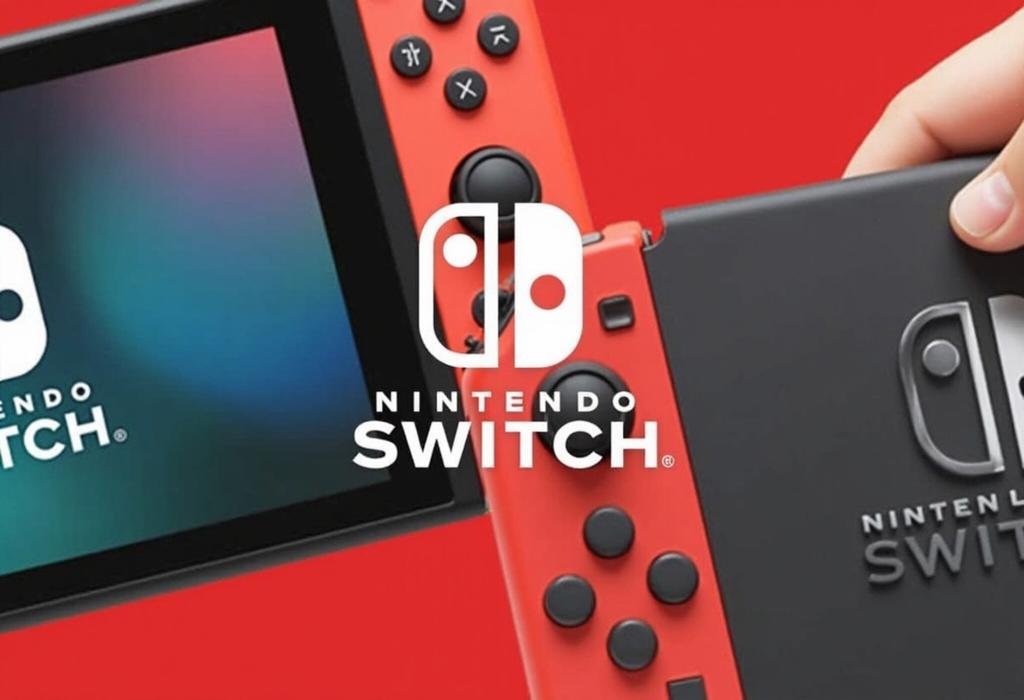In a recent financial report highlighted by Yahoo Japan, Nintendo's president Shuntaro Furukawa discussed the company's strategic plans for the upcoming Nintendo Switch 2, prioritizing its widespread adoption. However, he acknowledged that global tariffs could compel the company to rethink its pricing strategy, potentially leading to an increase in the console's retail price. Furukawa emphasized that while aggressive advertising and promotional campaigns aim to make the Switch 2 popular quickly, the low profit margins on the hardware may only yield a modest 13% increase in operating profits. This marks a significant pivot in the industry, wherein previous expectations foresaw a downward trend in console prices post-launch. With competitors like PlayStation 5 and Xbox Series X maintaining elevated prices post-release, Nintendo appears to be preparing its consumer base for the possibility of a price hike once the initial launch phase of the Switch 2 concludes. This shift in pricing perception aligns with broader economic factors, such as fluctuating tariffs imposed by the United States which are part of the intricate global trade landscape affecting tech product costs. Moreover, Furukawa's remarks indicate that despite efforts to drive software sales per unit, external factors, namely tariffs, play a crucial role in shaping Nintendo's pricing outlook. For consumers contemplating the new console's value, a hands-on preview may provide insights ahead of the official launch on June 5. As industry watchers note, it's essential for gamers to prepare for a possible price adjustment, deviating from the long-established norm of lowered prices post-launch. The evolving economic context represents not just a challenge for Nintendo but a broader conversation about the sustainability of console pricing models in a world of increasing tariffs and economic unpredictability.
AD
AD
AD
AD
Bias Analysis
Bias Score:
30/100
Neutral
Biased
This news has been analyzed from 8 different sources.
Bias Assessment: The news text primarily presents factual information regarding Nintendo's plans and concerns without overtly skewed interpretations or inflammatory language. While there is a hint of concern regarding tariffs and their impact on pricing, it does not excessively favor one perspective or unfairly vilify any party involved. The score reflects a moderate level of potential bias, primarily from economic implications rather than editorial misrepresentation.
Key Questions About This Article




